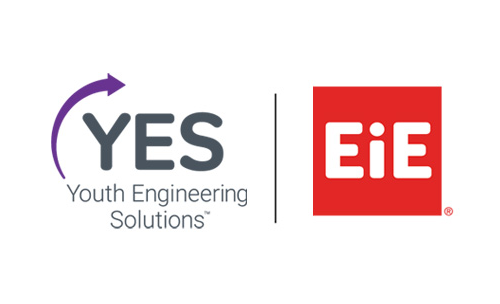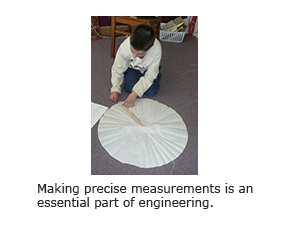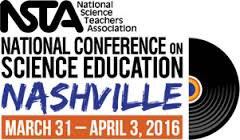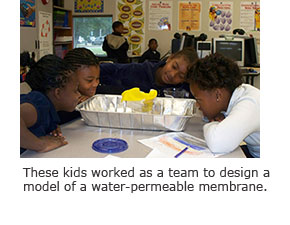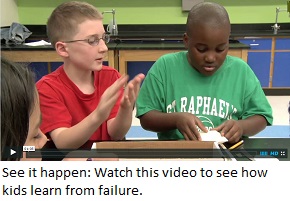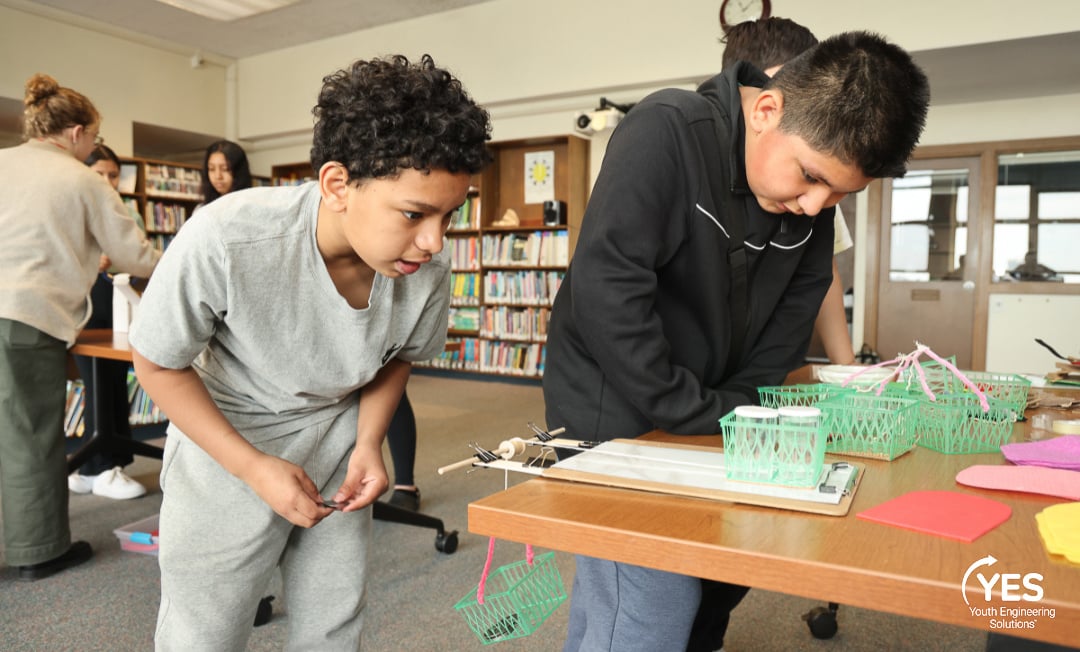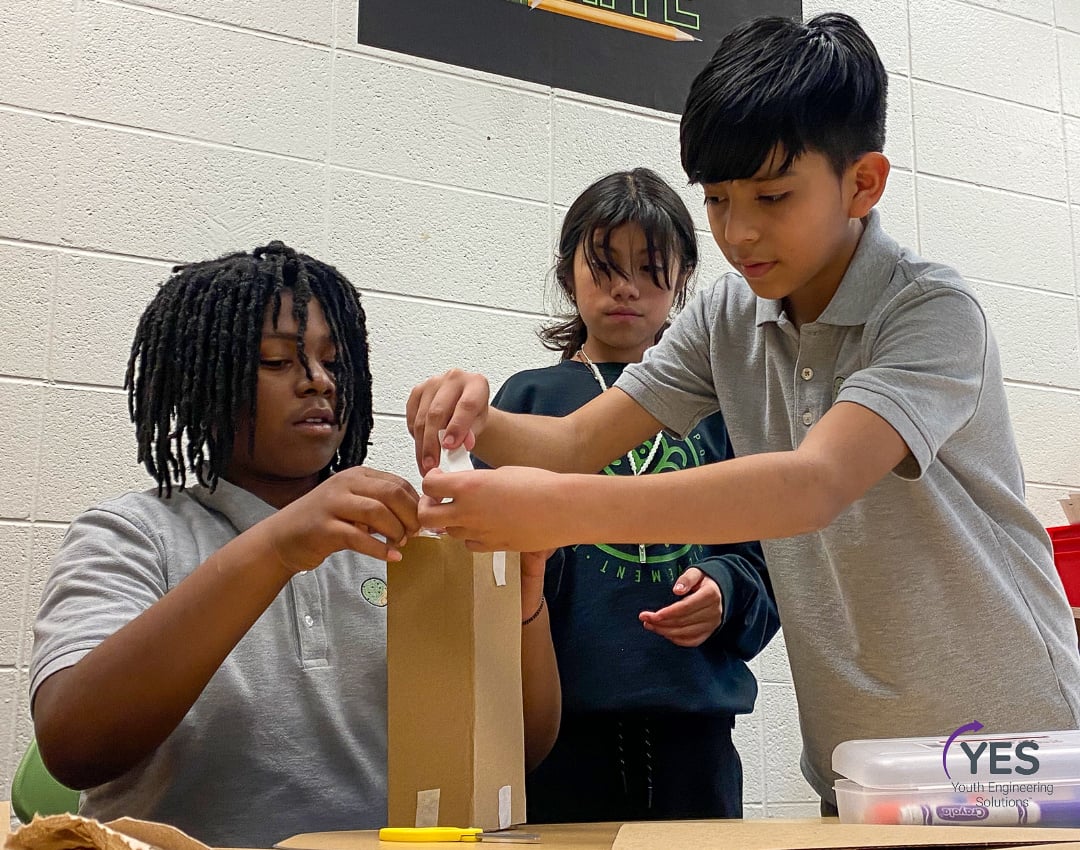The Common Core State Standards for math are pushing elementary educators to re-think how to teach math. How do you go beyond skills like adding and subtracting or the times tables to help kids develop a deep understanding of math concepts? Engineering activities are an ideal framework for meeting this challenge.
Engineering Habits of Mind | Thursday, March 31
Join EiE at #NSTA2016 to Learn About "Engineering Habits of Mind"
Today’s guest blogger is Dr. Christine M. Cunningham, founder and director of Engineering is Elementary.
Not long ago, engineering was an academic subject mainly reserved for college students. But as states put new science standards in place, many elementary teachers face the expectation that their students must learn engineering concepts and skills. Can you really teach engineering to very young students? I’ve been working in the field of K-12 engineering for more than a decade; based on my own research and that of others, the answer is a resounding yes. I’ll be talking about this today at 3:30 at the NSTA National Conference on Science Education in Nashville (Davidson A1, Music City Center). Here’s a sneak preview of my presentation.
Engineering Habits of Mind | Assessment | Tuesday, March 15
How Do You Measure Engineering Learning?
The new Next Generation Science Standards (NGSS) are bringing engineering into elementary classrooms. They're opening the door to new ways of learning, but these standards also pose a challenge when it comes to assessments. Engineering is a team effort, but most assessments are designed to be taken by individual students.
When kids work in a group, what can you say about each individual student with respect to level of engagement? Performance? Learning progress? EiE is developing new assessments that address these questions as a component of E4, an NSF-funded study that compares the effectiveness of two elementary engineering curricula.
Engineering Habits of Mind | Tuesday, March 8
Collaborating is an Engineering Habit of Mind
Engineering Habits of Mind | EiE Teaching Tips | Thursday, November 19
Ask EiE: What to Do About Engineering Fails
Each Thursday on the EiE Blog, we bring you tips for teaching elementary engineering. Today's guest blogger is EiE professional development provider Elissa Jordan.
When I work with teachers who are just starting to implement Engineering is Elementary, I often see resistance to the idea that failure is highly valued in engineering.
When a student designs a technology that doesn’t work as intended—say, a model maglev train that doesn’t levitate, or a solar oven that doesn’t get hot enough—it’s distressing! We want students to have positive, affirming experiences in school, not be discouraged.
So it's tempting to “help” kids who seem to be making ineffective design choices by purposefully leading them to better ideas. It seems like a supportive strategy. But in fact, it can be counterproductive.
